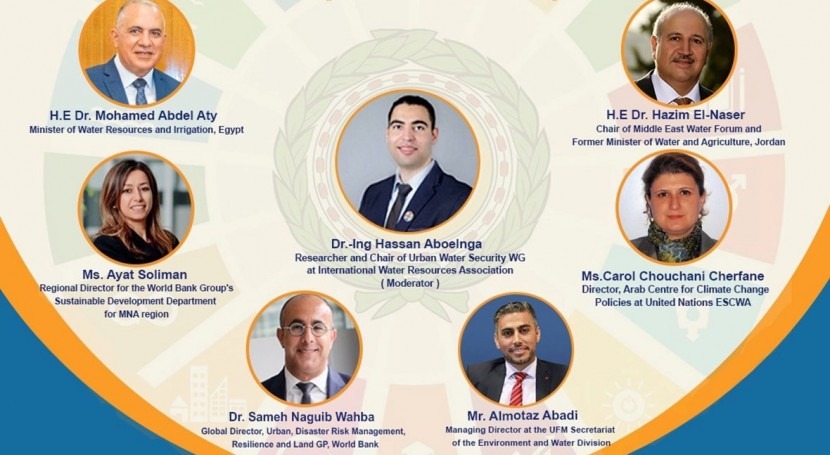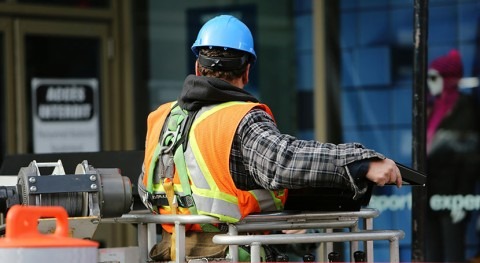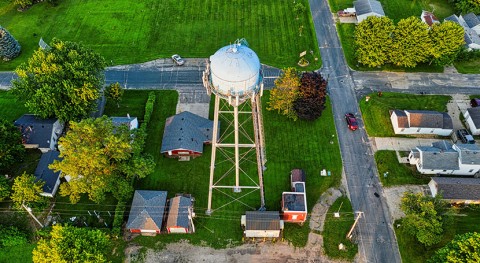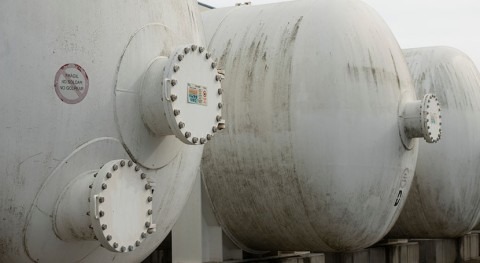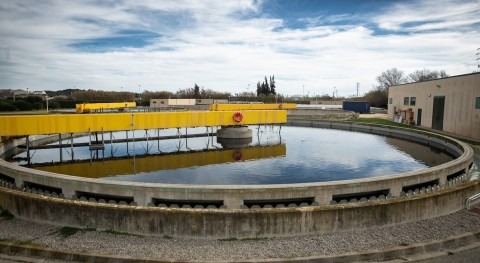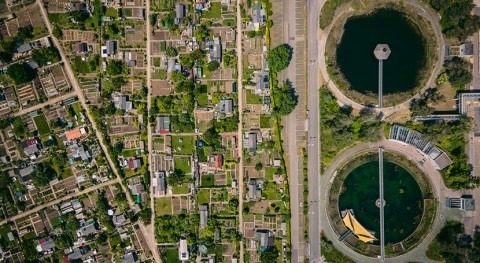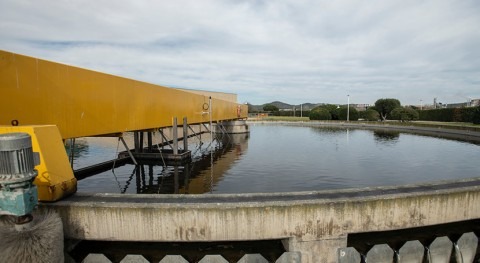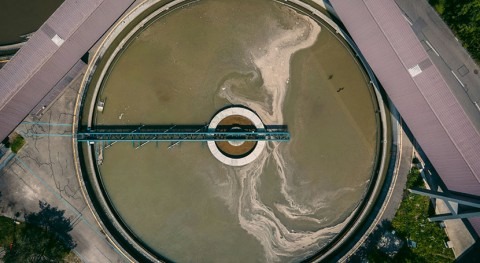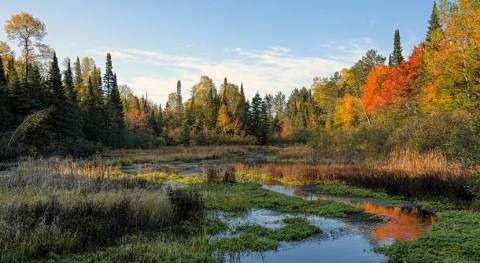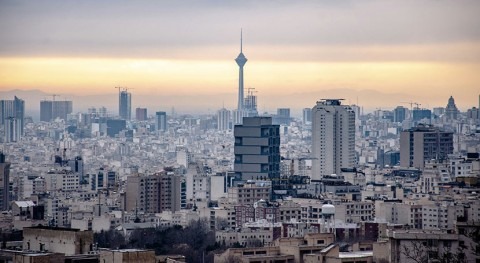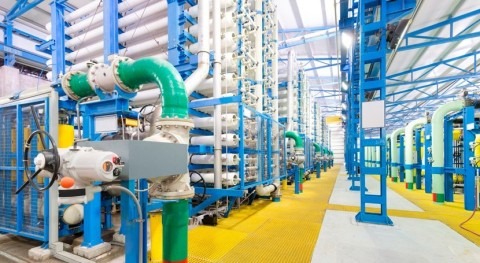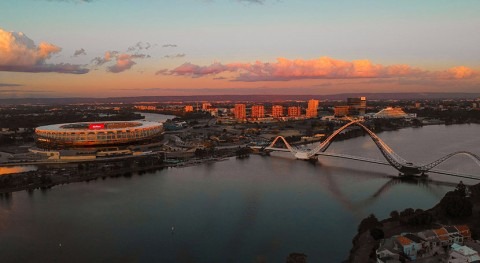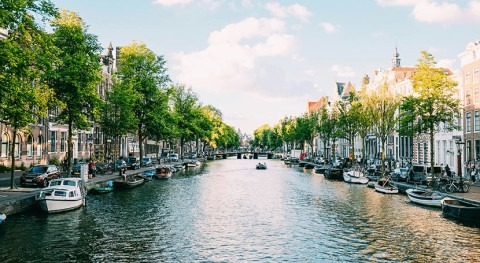“Water is life” is such a popular phrase that we use it almost as a cliché. But that same expression is one of the most powerful calls-to-action during the Covid-19 pandemic to ensure urban water security and the sustainable management of water and sanitation swiftly and effectively for all (SDG6). Water is at the heart of sustainable development and climate action and is critical for socio-economic development, healthy ecosystems and human dignity. Water is also at the core of climate adaptation, serving as the crucial link between the climate system, livelihood and the environment. As highlighted in a recent World Bank report, the changing climate will bring about more droughts and floods with increasing consequences on farms, firms and households.
The region is highly urbanized (about 76% urban population), and its water utilities face challenges in serving the growing urban population well. MENA has a high proportion of GDP spent on public water subsidies (about 2% of regional GDP), making water services increasingly unaffordable for utilities/central government. With few exceptions, utilities cannot reform tariffs to cover operations costs. Utility management across much of the region is weak, with significant water losses to leakage and unauthorized use. The volume of non-revenue water is estimated at 15 BCM a year, not far short of the total installed annual desalination capacity of 17 BCM in the region. Despite the widespread injection of subsidies to cover the difference between utility costs and revenue from customers, the relatively poor quality of public WSS services experienced by households drives them to supplement these with more expensive alternative water sources.
Water is at the heart of sustainable development and climate action and is critical for socio-economic development, healthy ecosystems and human dignity
However, despite major efforts from various countries, ESCWA Water Development Report 8: The Water-related Sustainable Development Goals in the Arab Region shows that many Arab countries need substantial improvement on the national level in order to be on track to achieve the sustainable development goal on water. The situation is so tenuous that the Global Risk Report 2022 from the World Economic Forum has ranked climate-change related risks as the world’s top three risks for three by severity in the next 10 years.
Against this backdrop, the World Bank Group launched Roadmap for Climate Action from 2021-2025 in the Middle East and North Africa (MENA) to drive climate action and a green recovery in the region. The road map outlined four key transformation areas to build low-carbon, resilient societies: Food systems, water security and resilient natural capital; Energy transition and low-carbon mobility; Climate-smart cities and resilient coastal economies; Sustainable finance for climate action.
MENA’s Urban Water Security in the Face of Climate Change: The Urgent Need for Action
The demand for urban water supply in MENA has grown steadily in the last decades, during which water demand has been locked into irrigated agriculture or left stranded assets. Thus, we need to look at successes in capping water use across different uses, in particular in cities and agriculture. Water withdrawals for agriculture in MENA are about 85 percent and represent a significant source of employment. However, the lack of compliance with restrictions on agricultural withdrawals, particularly groundwater, is pushing up the cost of water for cities as supply-side solutions are brought forward. Given the impacts of water scarcity and climate change, the region needs to rapidly scale up its inspiring breakthroughs and initiatives in managing water resources.
Many Arab countries need substantial improvement on the national level in order to be on track to achieve the sustainable development goal on water
The water crisis is already evident in the MENA region, varying in scale and intensity at different times of the year. The Beyond Scarcity: Water Security in the Middle East and North Africa report shows how Arab countries have been facing great pressure due to population growth and climate change, with more than 60% of the population affected by high or very high water stress, compared to a global average of about 35%. The same report shows how the region is home to six percent of the world's population, yet contains just one percent of the world's freshwater resources. Two-thirds of all freshwater resources originate outside the region, resulting in countries’ dependence on shared water supplies.
Climate change is impacting the water cycle, food security and vulnerable communities. It also has socio-economic implications, potentially jeopardizing sustainable development and progress made in ending poverty in the region. The High and Dry: Climate Change, Water, and the Economy report assesses that the MENA region has the greatest expected economic loss from climate-related water scarcity, estimated at 6–14 percent of GDP by 2050.
The Five I’s to Leapfrog in Achieving Urban Water Security and Sustainable Development
The answer: smart, systematic investments in urban water resilience around the five I’s that ensure communities have safe, reliable, and affordable water and that water resources are protected through disaster preparedness and water-sensitive infrastructure. Urban water resilience is thus critical for many Sustainable Development Goals and UN Habitat’s New Urban Agenda to the Paris Agreement and building back better from COVID-19.
- Integration
Integrated Water Resources Management (IWRM) is key in achieving water security. The Arab region has been investing for a long time in linear systems (for usage and disposal). Water and sanitation are still being treated as two separate systems, similar to surface and groundwater resources, while they are all part of one system: the water cycle. Wastewater is often considered both a risk and a waste that should be disposed of, as 80 percent of wastewater is discharged directly into the natural environment without being used. An estimated 40 to 50 percent of drinking water is wasted due to physical and commercial loss, a major issue contributing to the region’s intermittent water supply (IWS). Diminishing non-revenue water (water that is produced and lost before reaching users) and treating wastewater are untapped opportunities that can help address water security in the region.
- Innovation through new technologies, financing, and partnerships
Innovation in water technology— from water supply (such as desalination and solar pumping) to industrial efficiency (such as more efficient water reuse) to agricultural technologies (such as crop protection and irrigation controls)— show huge potential for leapfrogging.
Public utilities are typically unable to meet development finance demands solely through public resources and will have to attract new sources of funding. Unlocking private sector capital in the Arab region for water development projects is particularly challenging due to uncertainties in return on investment. This is compounded by limited regulatory and institutional frameworks that ensure democratic ownership, effectiveness and accountability. This is where innovative solutions, such as performance-based contracts, are needed.
- Infrastructure (resilient infrastructure)
A new generation of infrastructure projects has a critical role to play in meeting the climate adaptation challenge. Natural systems such as forests, floodplains and soils can contribute to clean, reliable water supply and protect against floods and drought. Combining this “green infrastructure” with traditional “gray infrastructure” such as dams, levees, reservoirs, treatment systems and pipes can provide solutions that enhance system performance and better protect communities.
Service providers such as water utilities, flood management agencies, irrigation agencies and hydropower companies can deliver more cost-effective and resilient services by integrating green infrastructure into their plans. However, to guide its appropriate use in mainstream infrastructure programs, green infrastructure must be as rigorously evaluated and carefully designed as grey projects.
- Information
Data is necessary for officials to make policy decisions on water that will pay dividends. However, data in the region is lacking and very limited. Whether it’s called “digital water” or “smart water,” information and data management is flexing its muscle in the water sector’s quest for resiliency and water security. Public utilities face many potential issues - political pressure, uncertainty, lack of information systems and unreliable data - when trying to make decisions. Those issues are more frequent and can result in negative impacts if they are not rooted in data and have not adopted a data-informed decision-making process and culture.
- Institutions
Institutional Reform processes must go hand in hand with policy and legislation. Institutional reforms and incentives are critical to enhance and sustain water supply and sanitation service delivery in Arab countries. Water sectors in the region that have replicated solutions from developed countries without much adaptation and due reference to their political economies have generally failed.
To achieve urban water security in the Arab region, we need to shift away from siloed solutions to more inclusive and integrated ones. Business as usual is not an option. Progress requires a network of ideas and for institutions to come together to develop solutions. Innovative solutions can offer unprecedented opportunities that can help the region leapfrog towards water security, resilience and sustainable development for all.
All of the above and much more will be discussed and deliberated on during the 14th of Feb. 2022 session titled, ‘Urban Water Security for Sustainable Development in the Arab Region,’ to be held during the Arab Sustainable Development Week organized by the League of Arab States.
*Some parts of the article were originally published at the water blog of the World Bank https://blogs.worldbank.org/water/how-can-arab-world-leapfrog-uncharted-waters-sustainable-development.


